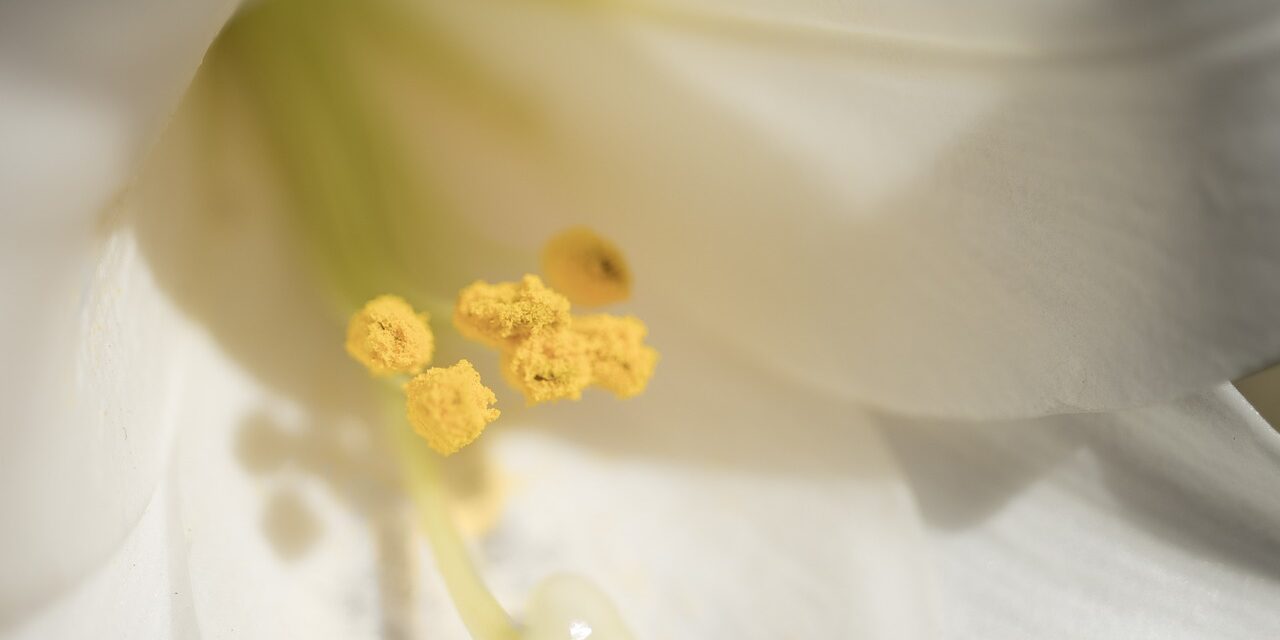There can be no doubt that the amaryllis blossoms
are magnificent, large and showy, four on a single
stem, pointing in four directions like a compass
charting a course toward beauty, each flower’s
white petals thrown open like arms welcoming
pollinators that will never come, in our winter home.
But the idea of forcing the bulb—tricking it
into blooming early—makes me queasy, makes me
think billy clubs and water cannons, vicious dogs
and peaceful protesters dragged away by their hair,
red-faced men hurling epithets, playground bullies,
sexual predators, gulags, conversion therapy,
and whips. To force compliance speaks of violence,
of bending another living thing to my will. I am neither
a god nor a king. What right have I to compel this bulb
to perform for me, to do my bidding? Do feelings
of subjugation torment it? But flowers, you might argue,
have no feelings. Not so long ago, we believed fish
didn’t feel pain, dolphins and elephants didn’t grieve,
dogs didn’t feel love for their humans. Every night,
when I sit on the couch, the amaryllis stares at me
with four open mouths as if it, too, is in disbelief
that it’s flowered in the middle of December. I never
meant to hurt anybody, I want to tell it. Maybe I should.
Maybe what I took to be mouths are actually ears.






